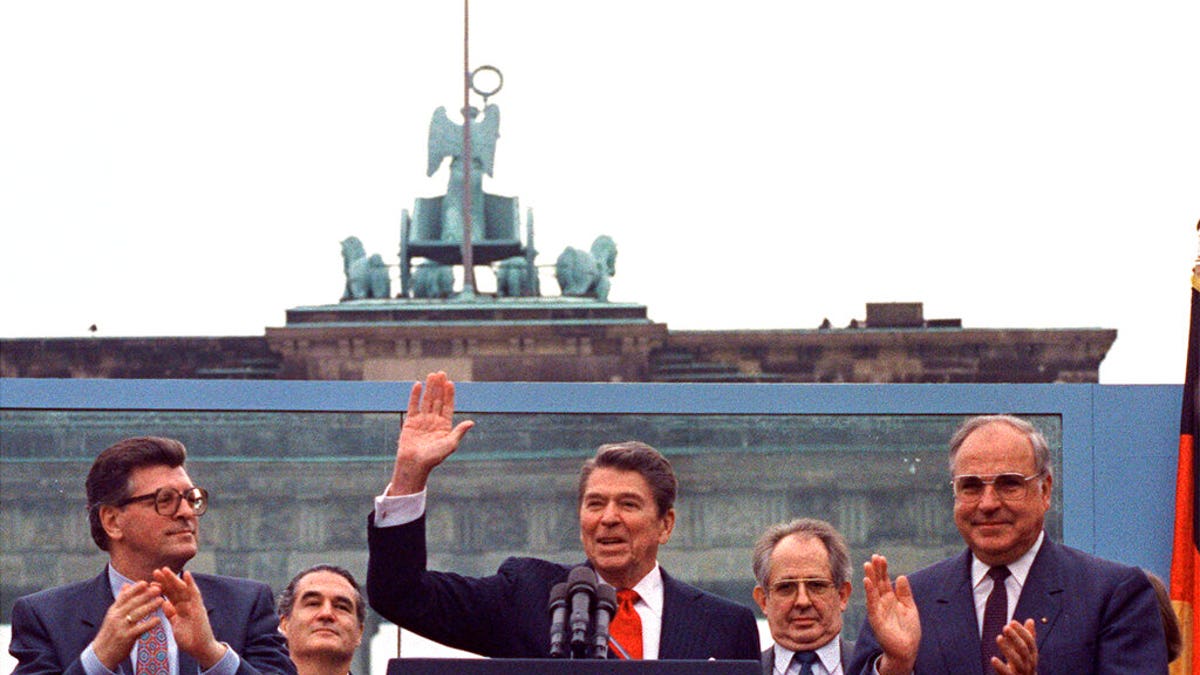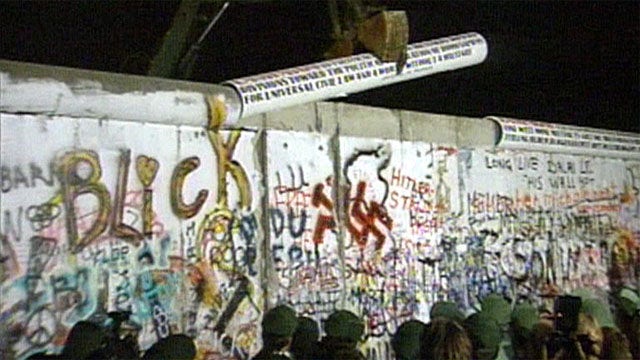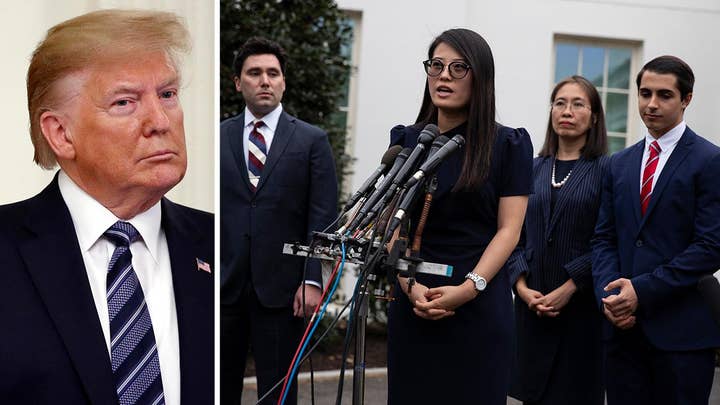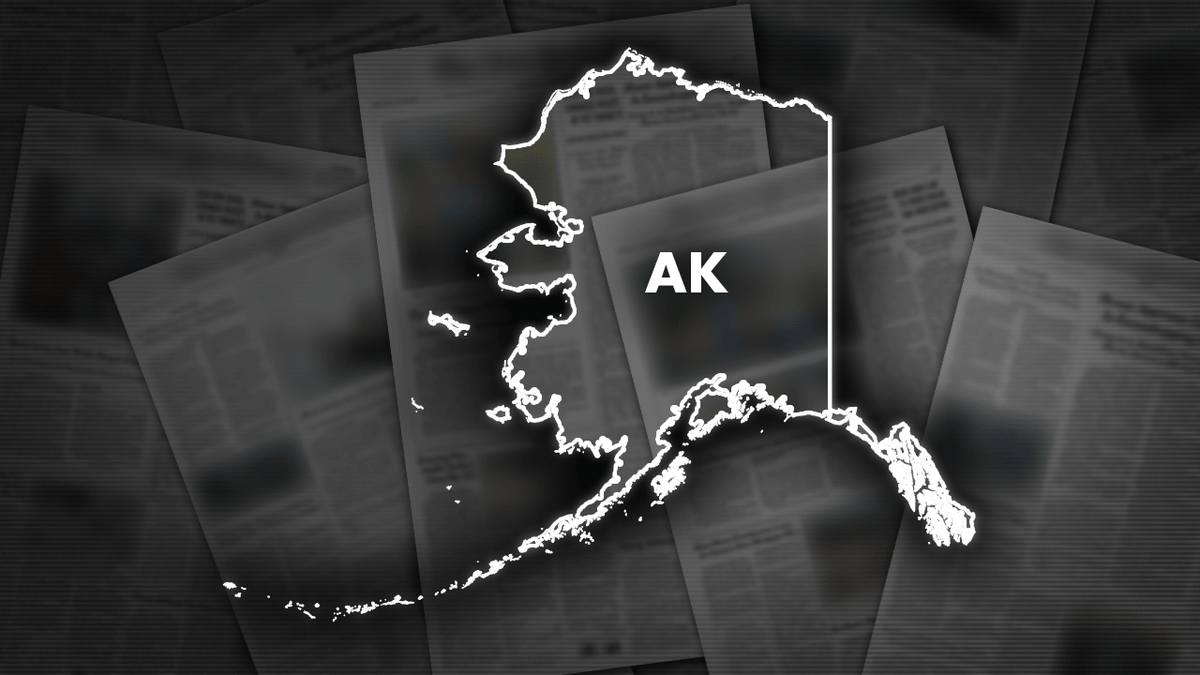For over six decades, National Captive Nations Week has served as a powerful reminder of the global struggle for freedom against communist oppression. Established during the Eisenhower administration, this annual observance, held the third week of July, highlights the plight of nations subjugated under communist rule and reaffirms America's commitment to liberty and self-determination.
The week's origins lie in the Cold War era, a time of ideological conflict between the democratic West and the communist East. President Dwight D. Eisenhower's first proclamation condemned the Soviet Union's "imperialistic and aggressive policies," a sentiment echoed by subsequent presidents, including John F. Kennedy and Ronald Reagan. Reagan, famously denouncing the Soviet Union as an "evil empire," underscored the importance of Captive Nations Week in 1988, pledging America's unwavering support for those living under communist regimes.

The fall of the Berlin Wall in 1989 marked a turning point in the Cold War, liberating millions from communist control. This historic event underscored the enduring relevance of Captive Nations Week and the importance of continued advocacy for human rights and democratic values.
More recently, President Donald Trump further solidified the week's significance by meeting with victims of communism and designating November 7th as Victims of Communism Memorial Day. This act reinforced the United States' commitment to remembering the suffering inflicted by communist regimes and supporting those who continue to fight for freedom.

The driving force behind Captive Nations Week was Georgetown University Professor Lev Dobriansky. His foresight in recognizing the Soviet Union's inherent weaknesses and the unwavering desire for freedom among captive nations proved remarkably accurate. Dobriansky's legacy extends to his involvement in the creation of two significant monuments in Washington D.C.: the statue of Ukrainian poet Taras Shevchenko and the Victims of Communism Memorial, a poignant reminder of the human cost of communist ideology.


Captive Nations Week continues to resonate today, reminding us of the fragility of freedom and the importance of vigilance in defending it. It stands as a testament to the enduring human spirit and the unwavering pursuit of liberty in the face of oppression.








